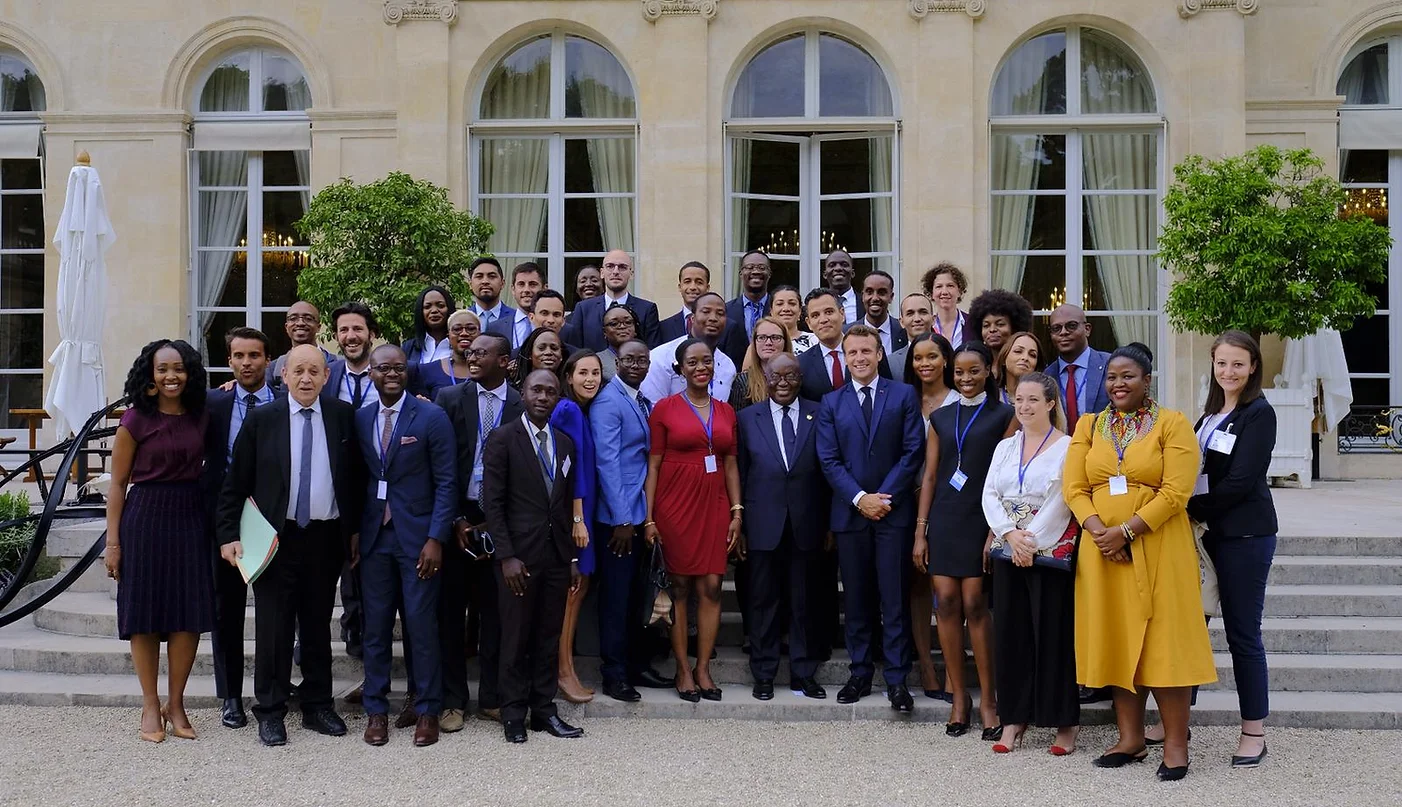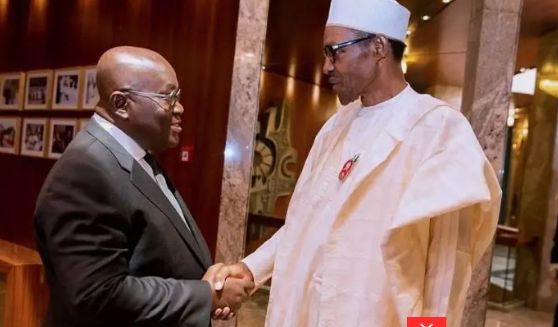Why crocodiles are considered sacred in the Burkina Faso community of Bazoule

Oral history has it that humans and reptiles used to live poles apart, until one fateful day, when one of the villagers attempted to fetch water from the pond the crocodiles swam in. When the creatures did not harm them, the relationship between the villagers taking care of the reptiles began in exchange for water, which the reptiles were custodians of.
The villagers have long believed that the crocodiles that live in the local pond are sacred and bring good fortune to those who live nearby. According to the alternative folklore, the crocodiles arrived in Bazoule during a great drought when a group of them sought refuge in the village’s pond. The villagers welcomed them and offered them shelter. In return, the crocodiles brought rain and prosperity to the land. Either way, the people of Bazoule accord them the compassion and respect they deserve.
The crocodiles represent the totem of the people. In fact, the high regard accorded to them is the reason why there are individuals who have been tasked to watch over them. Their responsibility is to ensure a harmonious relationship between the reptiles and the villagers. When children are born in the village, they are trained to respect the reptiles as part of their socialization, according to CGTN Africa.
For generations, the villagers of Bazoule have coexisted peacefully with these sacred crocodiles. They believe that the reptiles have special powers and can even predict the weather, causing them to treat the creatures with great respect and never harm or kill them.
The crocodiles swim alongside the locals, basking in the sun and occasionally feasting on fish provided by their friendly neighbors. Tourists come from far and wide to witness this unique and unlikely relationship between these humans and their beloved crocodiles. Visitors can watch as the crocodiles are fed by the villagers, and some brave souls even take a dip in the pond alongside the reptiles.
The villagers of Bazoule are fiercely protective of their sacred friends and are committed to preserving this ancient tradition. They see themselves as guardians of the crocodiles, and their bond with these sacred beings is a testament to the enduring power of human-animal relationships. They supplement this by feeding the crocodiles with birds from the village.
As a rule, no one is permitted to feed the reptiles with chicken from another place. It is believed that no crocodile has attacked or killed a villager for centuries, because, they are fed with birds that come from the village. In an instance where a villager drowns, the crocodile does not eat the remains but brings them out for proper burial.
Source: face2faceafrica.com





